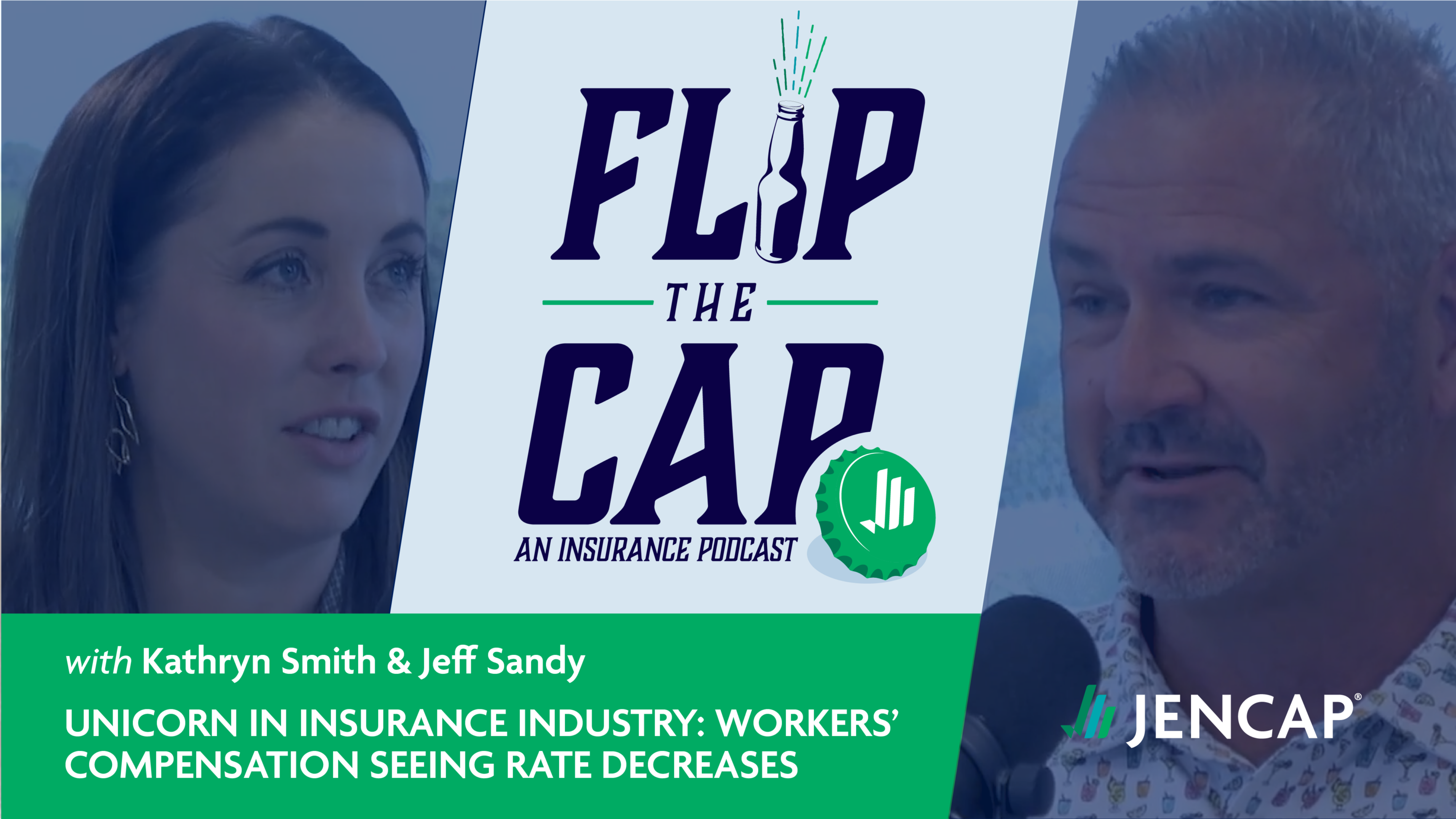Almost all private employees in the United States can collect Workers’ Compensation insurance benefits if they are injured on the job. Railroad employees are the exception to the rule, as any job-related injuries are covered through The Federal Employers Liability Act (FELA).
FELA was created in 1908 when railroad use was expanding rapidly in the United States. The industry was so dangerous that President Harrison said railroad workers faced comparable dangers to a soldier at war. This federal law was designed to compensate railroad workers injured on the job. After a 1939 amendment, FELA protects most railroad employees. This includes everyone from conductors to clerical workers and everything in between.
Congress thought that passing FELA would increase workplace safety since railroads would have to pay out large awards to injured employees. The expectation was that railroads would take the necessary measures to improve safety and avoid the possibility of having claims. Over the years, the railroad industry has become safer, however, it still remains a dangerous workplace. In 2020, railroad incidents resulted in 3,032 injuries to employees and 11 employee deaths.
There are some similarities between FELA and Workers’ Compensation, but there is one big difference. Workers’ Compensation is considered “no-fault”—for a claim to be made, the only requirement is that the employee was injured on the job. However, to receive FELA benefits, the injured employee must be able to prove that their employer was negligent or in violation of federal safety statutes and that their injury was caused in part or whole by that negligence. In other words, the employee does not need to prove that the negligence of the railroad was the primary cause of the injury—only that it played at least a small part in causing the injury.
There are a number of ways that a railroad may be negligent and lead to employee injuries. Some common occurrences include:
- Improper employee training
- A lack of adequate manpower
- Inadequate tools and equipment
- Failure to create and maintain a safe and compliant workplace
FELA also uses a set of rules to determine “comparative negligence.” The jury decides the percentage of negligence for both parties, and the award to the injured worker is allocated based on this percentage. For example, if the jury found the employer to be 75% at fault, and the employee 25% at fault, the award would be reduced by the 25% that was employee-related.
FELA claims can be harder to prove than Workers’ Compensation claims – but awards can be significantly larger. With a Workers’ Compensation claim, the award is generally limited to medical expenses, lost wages, and compensation for a disability. If an employee can prove a FELA claim, they may be awarded any of the following:
- Lost wages (past and future)
- Medical costs (past and future)
- Physical pain, suffering, and/or permanent or partial disability
- Emotional suffering
- Loss of earning capability
FELA covers four types of injuries:
- Traumatic injuries: broken bones, sprains, burns, etc.
- Occupational illness: such as lung cancer, or hearing loss that is caused by exposure on the job to toxic chemicals, sustained loud noise, etc.
- Repetitive stress injuries: tendonitis, carpal tunnel syndrome, etc.
- Existing injuries or illnesses that become worse because of the work
Proving negligence is the key to supporting a FELA claim. It’s also critical for insurance agents to work with an insurance broker who understands the various railroad risks and how to properly cover their clients.
Jencap has the underwriting expertise, market access, and industry intelligence to accommodate your clients’ unique railroad insurance needs. Contact our brokers today to exceed your clients’ expectations.











































